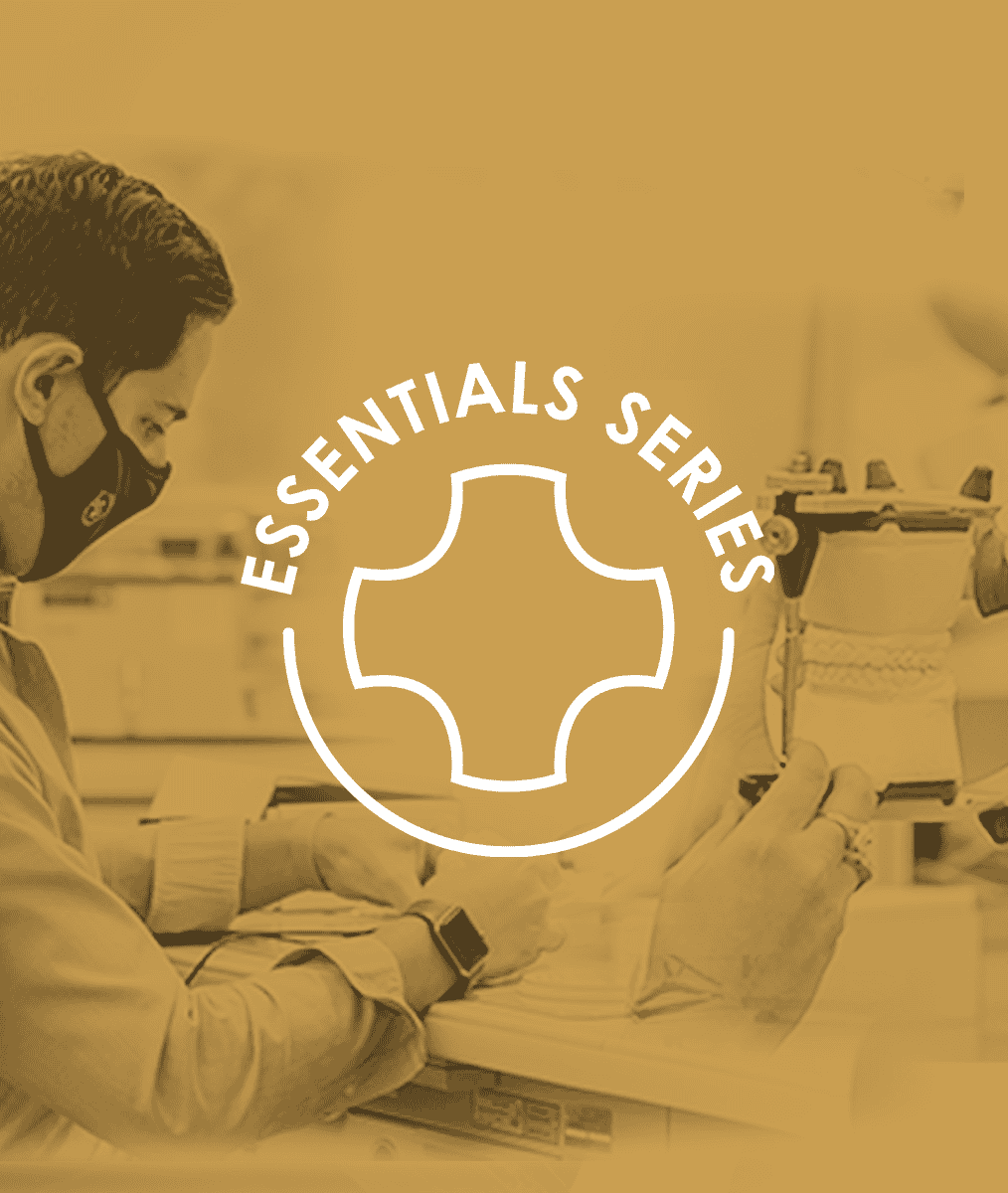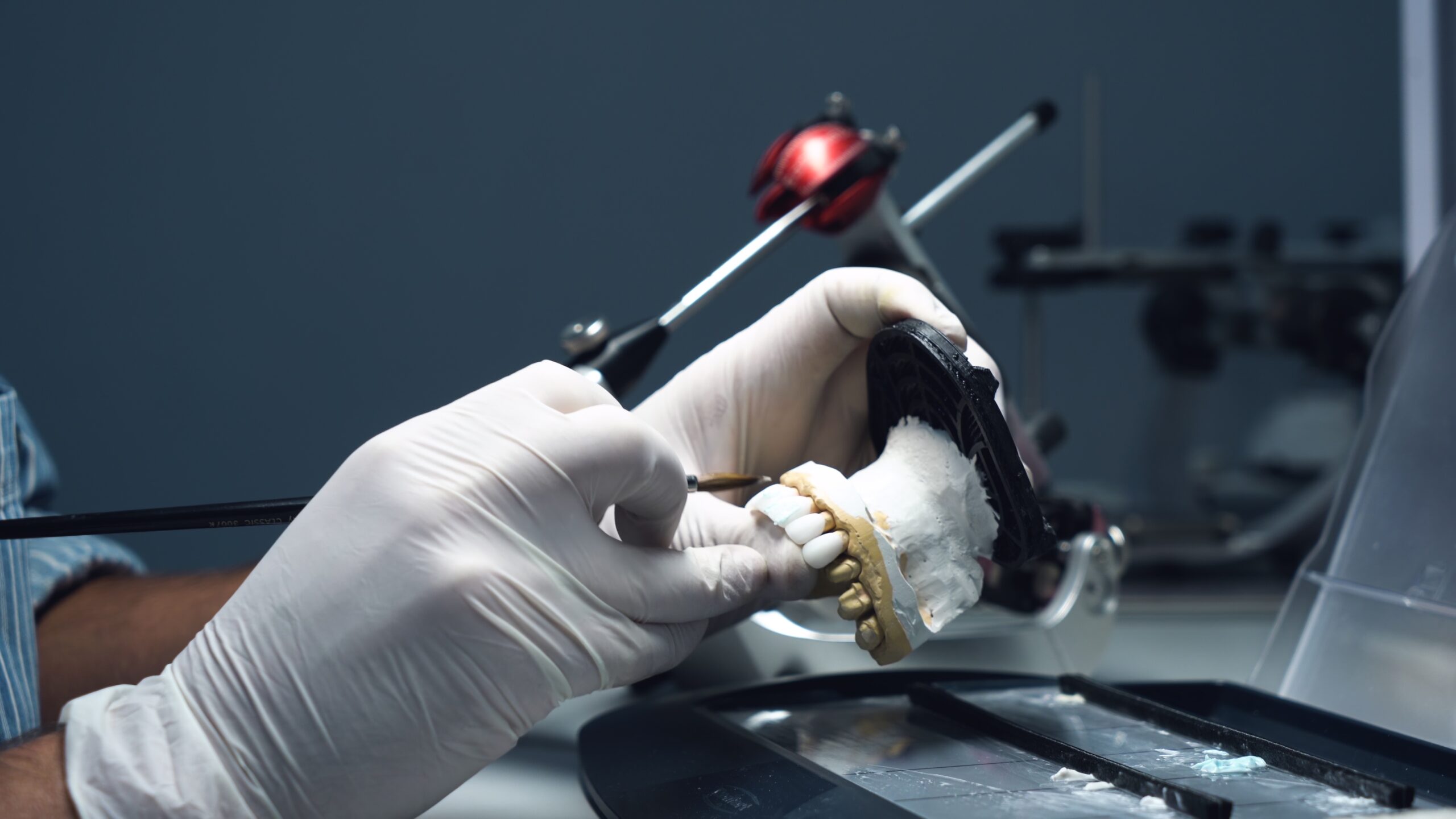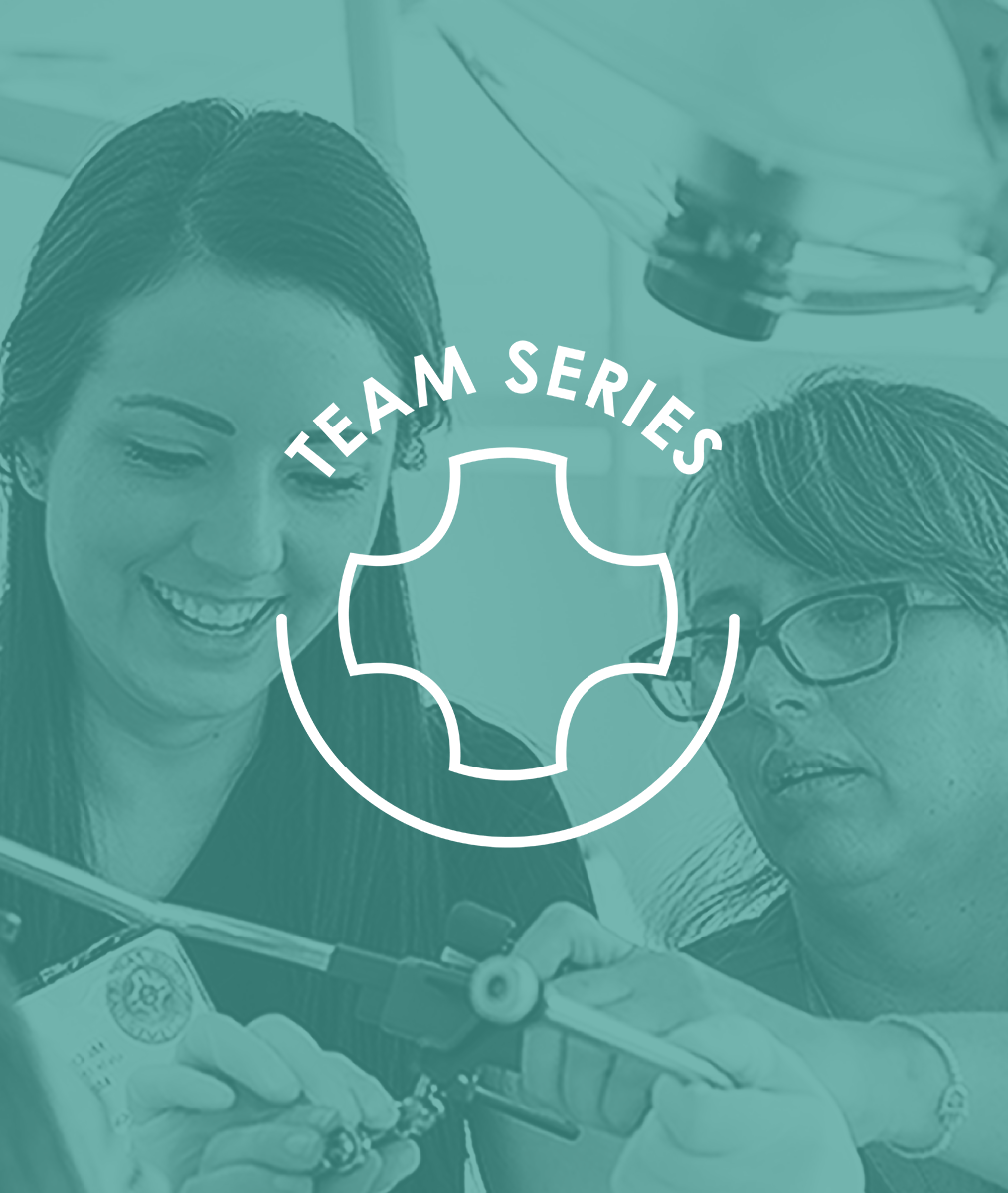Is the Patient Ready?
Have you ever recommended treatment to a patient and then gotten the “deer in the headlights” stare with the sound of silence in the room?
This is usually an indication the patient was listening to what you had to say … they just were not ready to HEAR what you said!
Knowing Your Patient and Learning When They Are Ready
One of the aspects of the Philosophy of Dentistry as taught by Dr. LD Pankey is the concept of “knowing” your patient. Do you really know what your patient’s circumstances, objectives, and temperament are?
When you really understand your patient, you are able to meet them where they are. You will then know when they might be ready to hear the recommendations you have to improve their dental health.
Knowing your patient starts with asking the right questions and using active listening skills while getting to know the patient. What are their values, fears, expectations, perceived needs? Do they have an appreciation of dentistry and value what it has to offer? A.K.A., what is their dental IQ?
Do they need more education about their current condition? Does their budget now include dental care? Are they ready to make an informed choice about their treatment options?
I oftentimes find myself initially putting out the “fire” for a patient (ie. repairing a broken cusp or chipped front tooth, getting the patient out of pain) and then easing the patient into care in our office in a way that makes them feel taken care of.
I may take several years to build trust with the patient, educate them about optimum oral health, and help them understand the root causes of their condition. Over time, the patient usually starts to ask more questions and dental health becomes a high value for them. They eventually say something like, “Hey doc, I’m READY … when can we get started?”
Developing your clinical skills is very important to providing excellent dental care. But I find it’s equally important to develop your communication skills such that you can really get to know your patient and know when they are READY to own their condition and get started with the necessary treatment.
Related Course
E4: Posterior Reconstruction and Completing the Comprehensive Treatment Sequence
DATE: February 27 2025 @ 8:00 am - March 3 2025 @ 2:30 pmLocation: The Pankey Institute
CE HOURS: 44
Dentist Tuition: $ 7400
Single Occupancy with Ensuite Private Bath (per night): $ 345
THIS COURSE IS SOLD OUT The purpose of this course is to help you develop mastery with complex cases involving advanced restorative procedures, precise sequencing and interdisciplinary coordination. Building on…
Learn More>











